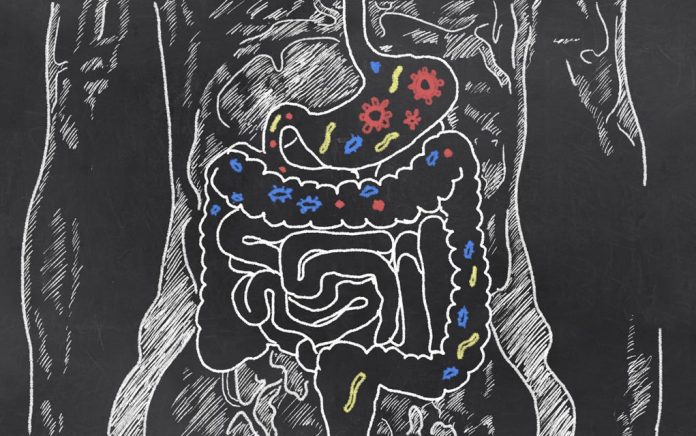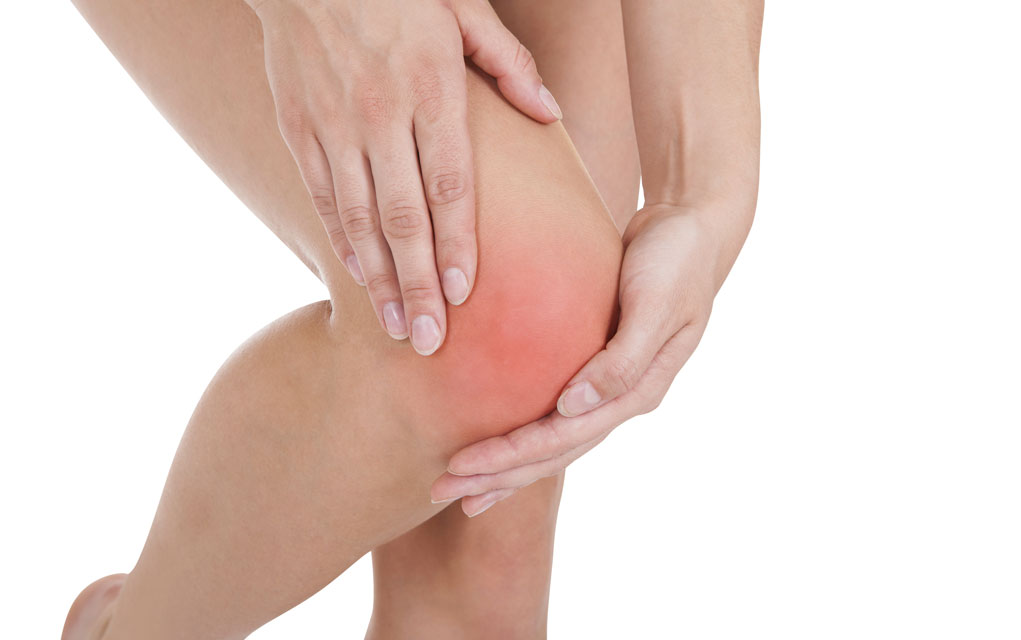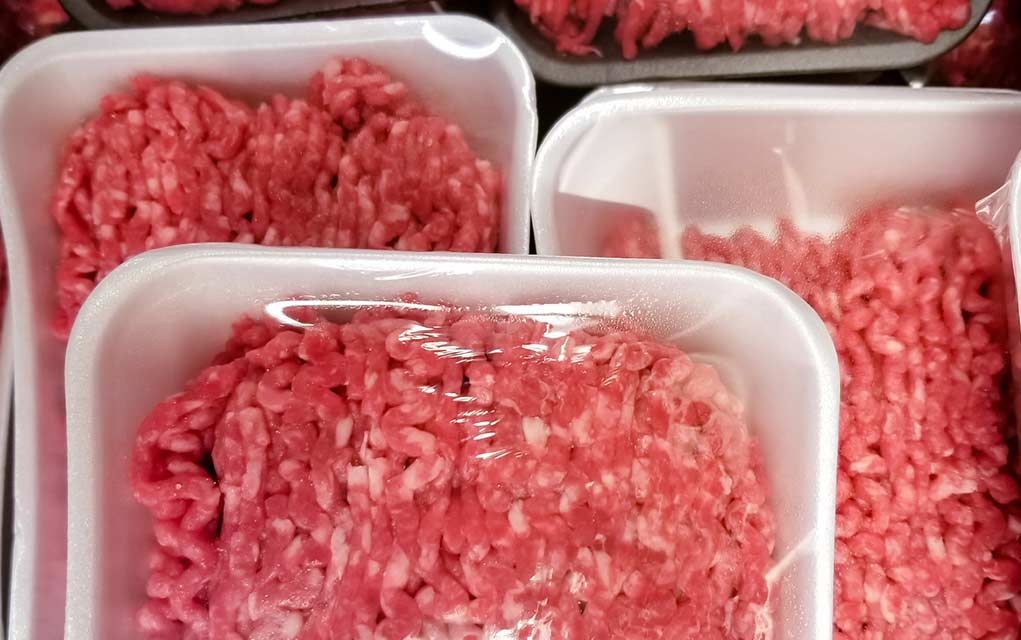
(WellnessPursuits.com) – Rumbling, abdominal pain and frequent trips to the bathroom are fine — said no one ever! Not only are they not fine, they’re disruptive.
When you have digestive issues, you have to watch what you eat, you generally can’t drink caffeine (goodbye magical morning go-go juice) and you have to stay close to a restroom, just to be safe. There’s definitely nothing fun about any of this.
Are digestive enzymes the answer to your bathroom woes? We decided it’s time to take a closer look.
What are Digestive Enzymes?
Not to be confused with probiotics that restore gut health, digestive enzymes are proteins that break down carbohydrates, proteins or fats. The good news is your body naturally produces these enzymes. The bad news is sometimes it doesn’t produce enough of them. When this happens, undigested food can enter your large intestine — and that’s not supposed to happen.
Replacement enzymes, or enzyme supplements, have recently become more popular. These supplements work to increase the levels of digestive enzymes in your digestive tract. They can be purchased over-the-counter, or they can be prescribed by a doctor. One of the most well-known over-the-counter enzymes is Beano, the supplement that blocks gas formation in the gut.
Things to Consider Before Taking Enzymes
Despite their popularity, there is little evidence that digestive enzymes really help the general population. What’s more, over-the-counter enzymes are not regulated by the FDA. Therefore, it’s difficult to know exactly what you’re putting in your body and if it will help alleviate your digestive issues. Additionally, there is some worry that digestive enzyme supplements can interfere with certain medications, especially blood thinners.
For people with diagnosed medical conditions, prescription enzymes may be the answer. This is especially true for people who have diagnosed medical conditions involving the pancreas, resulting in a regular and ongoing lack of enzymes. Keep in mind that prescription enzymes are very different from over-the-counter versions. First, they are regulated by the FDA. Your doctors will also monitor your levels to make sure they’re working properly.
How to Fix Your Gut Without Enzymes
Like you, we’re not fans of throwing away our hard-earned money on supplements that don’t work. So what can we do? Let’s start by taking a closer look at our diets.
There are three main digestive enzymes: proteases, lipases and amylases. These are found naturally in foods, such as pineapple, mango, honey, sauerkraut, kiwi and ginger, among others. Papaya is a great source of digestive enzymes as well, and you can purchase papaya supplemental chews.
Special diets geared toward alleviating digestive issues, such as the FODMAP diet, can help as well. These diets seek to eliminate foods or food groups that may be causing your symptoms.
Digestive enzymes may not be the instant, wondrous solution that everyone claims they are, but that doesn’t mean they’re entirely useless. Under the direction of a doctor, digestive enzymes may prove to be a huge help. Your best bet, though, is to try alleviating your symptoms through diet and lifestyle changes first.
~Here’s to Your Healthy Pursuits!
Copyright 2025, WellnessPursuits.com















